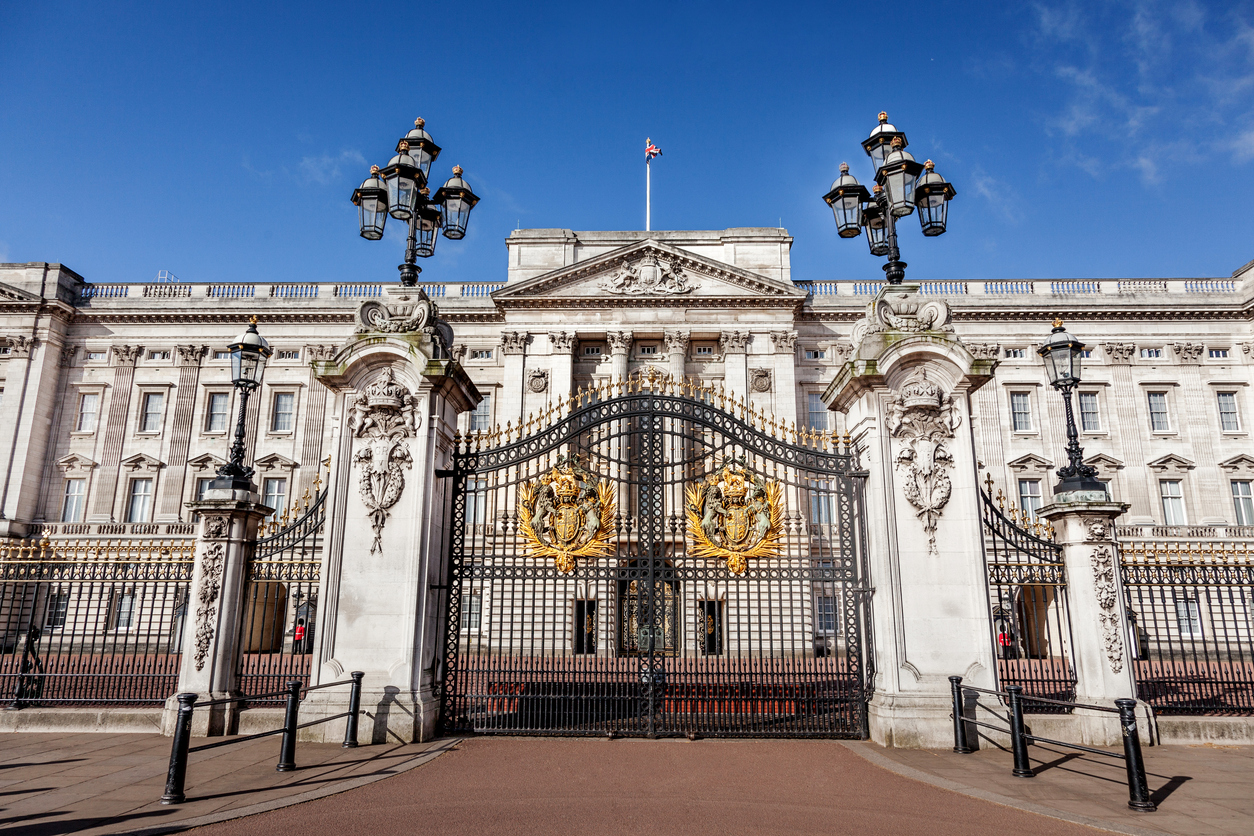The Scoop: Why the Royal family’s PR strategy no longer works
Plus: Stanley looks to expand its appeal to men; Alabama passes a sweeping anti-DE&I bill.

If you’ve made the rounds on social media lately, you’ve probably seen the rampant speculation regarding everyone’s favorite recently reclusive royal, Kate Middleton. An edited family picture of the Princess of Wales and her children didn’t help quell the flames of curiosity, and in fact, probably just fed the conspiracy fire.
Even following an appearance in public with Prince William to buy groceries last weekend, the Kate Middle conspiracy parade marches on. and there’s a likely suspect — social media. According to a piece by The Wall Street Journal, the old royal adage of dealing with the media of “never complain, never explain” doesn’t always work well in a world in which anyone with an account can say whatever they’d like to add to the rumor mill.
The palace usually doesn’t dignify the rumor mill, but between the Princess Catherine situation and King Charles III’s recent, unspecified cancer diagnosis, the royal PR front has debunked some of the wilder rumors since the beginning of the year through press releases from the palace. One thing is clear — the nearly 1,000-year-old institution of the monarchy and its tradition of silence is being tested by social media and its power to spread rumors and misinformation.
Why it matters: While the British royals don’t always maintain the rosiest relationship with the tabloid-heavy British press, social media, with its light regulations, offers a freer place for individuals or organizations to effectively say anything about the royals. Social media (TikTok in particular) serves as a hotbed for Kate conspiracies, as one quick flip through the app will show you theories ranging from Kate being an effective prisoner in the palace to her hiding in Taylor Swift’s London home.
The lesson here? Any organization that deals with the media, including the British monarchy, needs to adapt to all kinds of media, including social media. Just because you’re an old institution doesn’t mean you can’t adapt to the times. The long-time practice of staid silence amid controversy and the 24-hour gossip cycle doesn’t work with social media in the picture. In the absence of information, social media will fill in the blanks. And you likely won’t like what they say.
Editor’s Top Reads:
- The Stanley water bottle, once a mainstay for blue-collar workers, underwent a marketing transformation in the last year, as the company decided to market some of its products toward a new female audience. The decision was a good one, with Stanley-branded bottles gaining prominence as a status symbol for Gen Z and Millennial women. But Stanley is now seeking a marketing pivot — positioning its bottles as something for men as well. According to The Wall Street Journal, the company wants to show that Stanley isn’t just cool for outdoorsy guys, but men of all types. Stanley’s recent pivot worked so well that it managed to transform the brand’s identity for the better over the last year. It’ll be interesting to see if the company can replicate that magic by marketing to white collar men in addition to the company’s historic mainstay of blue-collar workers.
- Alabama passed a bill that effectively bans DE&I efforts in the state’s educational sector. According to CNN, the legislation that Governor Kay Ivey is expected to sign into law, outlines eight “divisive concepts,” including discussions about subconscious racism and more. The politicization of diversity and inclusion efforts marches on, and while this move might satisfy some people in the short term, it may not be a good harbinger for businesses in the long run, especially if the ban eventually moves beyond colleges and schools. Even amid some DE&I fatigue, many businesses are moving forward with their efforts, and Alabama might not be a place where those businesses choose to invest.
- If you were planning on doing some shopping on Easter this year, your options are going to be a little slimmer than usual. According to MSN, Target, TJ Maxx, HomeGoods and Marshalls will close for 24 hours during the March 31 holiday. An increased focus on customer service for many retailers has also in turn created an emphasis on better employee treatment. While it might be an inconvenience for some, a store that’s known for treating workers well is more likely to garner positive press and public sentiment. Forgoing a day of sales for that longer-term investment could well be worth it.
Sean Devlin is an editor at Ragan Communications. In his spare time he enjoys Philly sports and hosting trivia.






